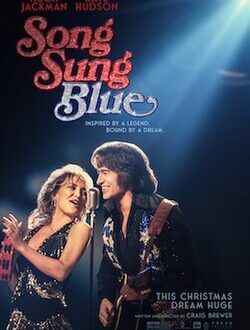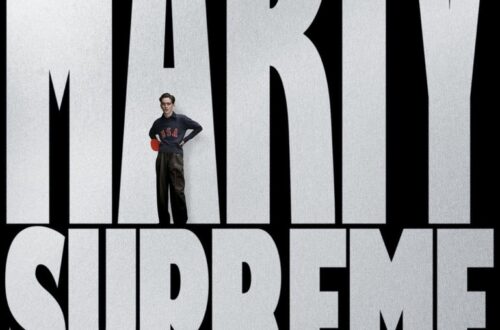Marvel’s latest entry, Fantastic Four: First Steps, revitalizes the First Family with a refreshing dose of 1960s optimism and cosmic spectacle. Instead of another origin retelling, the film begins with Reed Richards, Sue Storm, Johnny Storm, and Ben Grimm already established as celebrated heroes. Set in Earth-828’s 1964, it places family at the core—a heartwarming foundation that grounds the film’s sci-fi grandeur.
Director Matt Shakman crafts a retro-futuristic world inspired by mid-century space-age aesthetics and visionary art. Practical sets, vintage lenses, and miniatures give the movie a tactile quality rarely seen in modern superhero blockbusters. The ambition to emulate how Stanley Kubrick might have approached the material is evident in every frame, making the visuals as distinctive as they are immersive.
Pedro Pascal as Reed Richards, Vanessa Kirby as Sue Storm, Joseph Quinn as Johnny Storm, and Ebon Moss-Bachrach as Ben Grimm form a deeply personable ensemble. Their chemistry feels authentic, balancing humor, warmth, and familial tension. Sue emerges as the emotional and moral center, her leadership and maternal strength anchoring the film with depth and gravity. On the cosmic front, Ralph Ineson delivers an imposing yet articulate Galactus, while Julia Garner’s Shalla-Bal as the Silver Surfer brings poignant resolve to the narrative.
Placing the story after the team’s formation allows the film to dive immediately into high-stakes drama. Galactus’s arrival threatens Earth, and the Fantastic Four’s mission becomes one of survival, family, and sacrifice. Sue’s pregnancy threads emotional urgency through the action, underscoring heroism that extends beyond physical battles. Themes of female empowerment resonate strongly; Sue is never sidelined, and her will to confront Galactus is matched by Shalla-Bal’s own self-sacrifice, adding layers to the film’s commitment to powerful, nuanced female characters.
The pacing is brisk and engaging, though some transitions between scenes feel abrupt, occasionally sacrificing connective tissue for spectacle. These choices, however, contribute to the sense of unpredictability that mirrors the chaos of a family caught in a cosmic storm. Michael Giacchino’s score enhances the film’s atmosphere, blending sweeping orchestral grandeur with melodic optimism reminiscent of 1960s sci-fi. The music underscores both emotional and heroic beats, amplifying the film’s tonal balance without overpowering it.
The reception has been enthusiastic, with many praising it as the finest Fantastic Four adaptation yet. The cast’s performances, the visual style, and the sincerity of the storytelling have earned it a prominent place in the Marvel Cinematic Universe, even if minor tonal inconsistencies keep it from perfection. At the box office, First Steps has surged past $430 million worldwide, making it the highest-grossing MCU release of 2025 so far.
Ultimately, Fantastic Four: First Steps feels less like a reboot and more like a celebration of the team’s legacy told through a fresh lens. Its visual boldness, emotional sincerity, and empowered storytelling make it a standout entry that redefines what superhero films can achieve. As Phase Six begins, the First Family steps into the spotlight with confidence, balancing cosmic threats with human heart in a way that’s both thrilling and deeply resonant.




